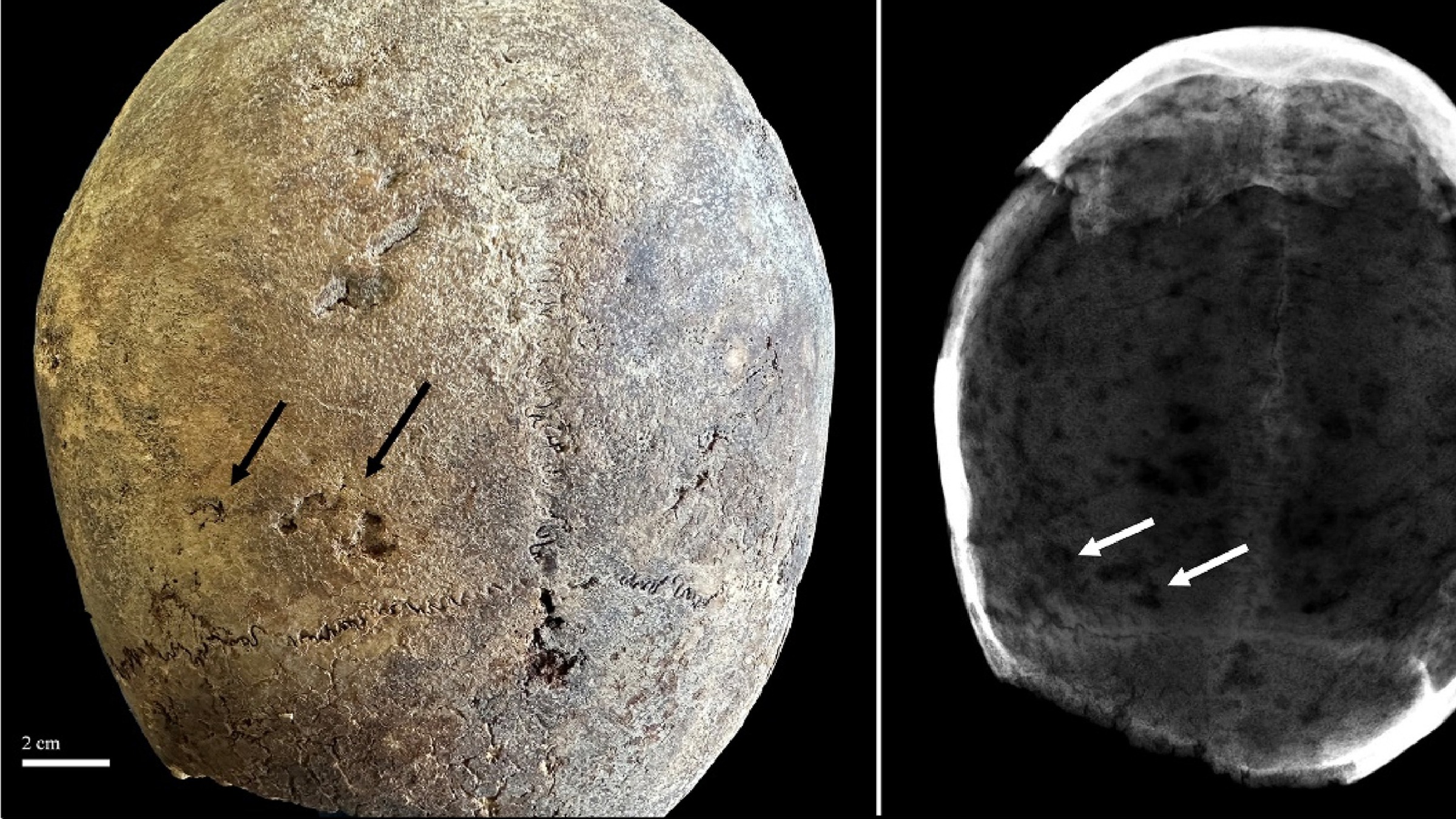Cancers, Vol. 15, Pages 5551: Bladder Cancer and Probiotics: What Do We Know So Far?
Cancers doi: 10.3390/cancers15235551
Authors: Pedro Sánchez-Pellicer Claudia Boix-Rodríguez Adriana Hernández-Belmonte Cristina de la Encarnación-Castellano Alberto Mendiola-López Eva Núñez-Delegido Laura Navarro-Moratalla Juan Agüera-Santos Vicente Navarro-López Juan Antonio Galán-Llopis
Bladder cancer is around the 10th most diagnosed cancer, although has a considerable mortality. Recent research and new methodologies have discarded the historical dogma that the bladder (and urine) was sterile under normal conditions. Specifically, only a few studies have reported a detailed analysis of the urinary microbiota in patients with bladder cancer, thus exhibiting a remarkable variability due to the low biomass of the urinary microbiota and the influence of many factors. Nevertheless, this research shows us signals that urinary microbiota is a factor to be considered in the pathophysiology of bladder cancer. More importantly, probiotics could be useful as an adjuvant therapy to reduce the recurrence rate or increase the disease-free period after surgery. In vitro studies and animal assays have shown promising results, but the research in this context has also been scarce, and only a few studies have been conducted in humans. In summary, there is little evidence of the possible beneficial effect of probiotics in controlling the overgrowth of genera that could be involved in the carcinogenesis of bladder cancer. This narrative review aims to compile all the evidence to date on the therapeutic potential of probiotics injected directly into the bladder or orally administered.

 9 months ago
21
9 months ago
21


